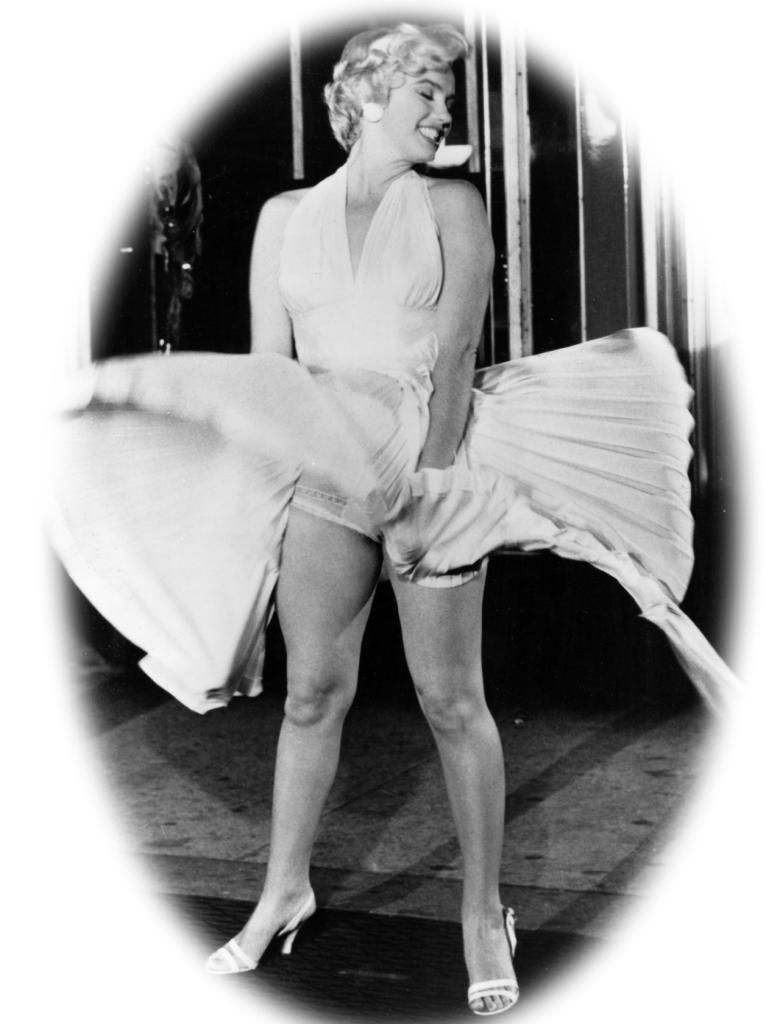Billy Wilder

Billy Wilder (1906 – 2002)
- Born as Samuel Wilder in a family of Austrian Jews.
- As a young man, He decided not to go to college.
- Instead of that, he left Vienna and went to Berlin to start a brief career as a free-lance journalist.
- In the 1920ies, Berlin was the film capital of Europe. Everybody was talking at that time about Fritz Lang, G. W. Pabst and F. W. Murnau.
- Wilder immediately became interested in movies in the 1920ies. But the movie that mostly impressed him was “The Battleship Potemkin”. This movie remained his favorite one all his life.
- In Berlin, he made his first movies with his friends Robert Siodmak and Fred Zinnemann.
- The director of those first movies was always Robert Siodmak because he had the money to pay them.
- Wilder worked in those movies as screenwriter.
- Before Hitler took the power in Germany, Wilder appeared in the writing credits of 13 German movies.
- “Emil and the Detectives” (1933, based on a very popular children novel by Erich Kästner)
- In January 1933, Hitler became German chancellor and Wilder, being aware of the danger he run, decided to leave Germany (and Berlin, the city he always loved) and moved to Paris.
- His Father was killed by the Nazis in Berlin, and his mother and grandmother died in Auschwitz.
- In Paris, he had the opportunity to direct his first movie:
- “Mauvaise Graine” (1934)
- Wilder was not satisfied with this movie – that he always remembered as a nightmare – He did not see the premiere of the movie because when it happened, he already was in Hollywood.
Hollywood
- In Hollywood, he appeared as screenwriter in the credits of some delicious comedies of the 1940ies, such us:
- “Bluebeard’s Eighth Wife” (1938)
- “Ninotchka” (1939, both directed by Ernest Lubitsch)
- “Ball of Fire” (1941, by Howard Hawks).
- His first movie as director in Hollywood was
- “The Major and the Minor” (1942, starring Ginger Rogers).
- This movie was a minor success. The real break-through of Billy Wilder as director came 2 years later
- “Double Indemnity” (1944)
- “The Lost Weekend” (1945, starring Ray Milland)
Wilder’s Alter Egos
- Charles Brackett
- “Bluebeard’s Eighth Wife (1938)
- “Midnight” (1939)
- “Ninotchka” (1939)
- “Hold Back The Dawn” (1941)
- “Ball Of Fire” (1941)
- “The Major And The Minor” (1942)
- “Fives Graves To Cairo” (1943)
- “The Lost Weekend” (1945)
- “Sunset Boulevard” (1950)
- I.A.L. (Iz) Diamond
- “Some Like It Hot” (1959)
- “The Apartment” (1960)
- “One, Two, Three” (1961)
- “Irma La Douce” (1963)
- “Kiss Me, Stupid” (1964)
- “The Fortune Cookie” (1966)
- “The Private Life Of Sherlock Holmes” (1970)
- “Avanti” (1972)
- “The Front Page” (1973)
- “Fedora” (1978)
- “Buddy Buddy” (1981)
On Wilder’s Style
- As a director, Wilder was extremely sober and eclectic.
- He had the talent to adopt the visual characteristics of the different genres he was trying. (As in the case of Double Indemnity, in which he adapted all the formal and thematic elements of the Film Noir).
- What makes him totally different were the situations and dialogues in his movies.
- His special “touch” was to introduce irony and cynicism into apparently banal or mainstream stories.
- He was also the first author who made fun of things that are considered serious, or even tragic.
- Examples:
- Adultery (Kiss me Stupid, The Seven Year Itch, The Appartment, …)
- War (Stalag 17, A Foreign Affair)
- The Cold War (One, Two, Three)
- Mafia and violence (Saint Valentine’s Massacre) (Some Like It Hot)
- The Death Penalty (The Front Page)
- Hired Murderers (Buddy Buddy)
- Alcoholism (The Fortune Cookie)
- For this reason, he had some trouble with the film studios, because in the 1950ies and 60ies the censorship was very rigid and it was not allowed to handle most of those topics in a humorous way.
- In spite of this deep cynicism, there is always a touch of human sensibility and sympathy with the humble, poor, or suffering characters in his stories.
